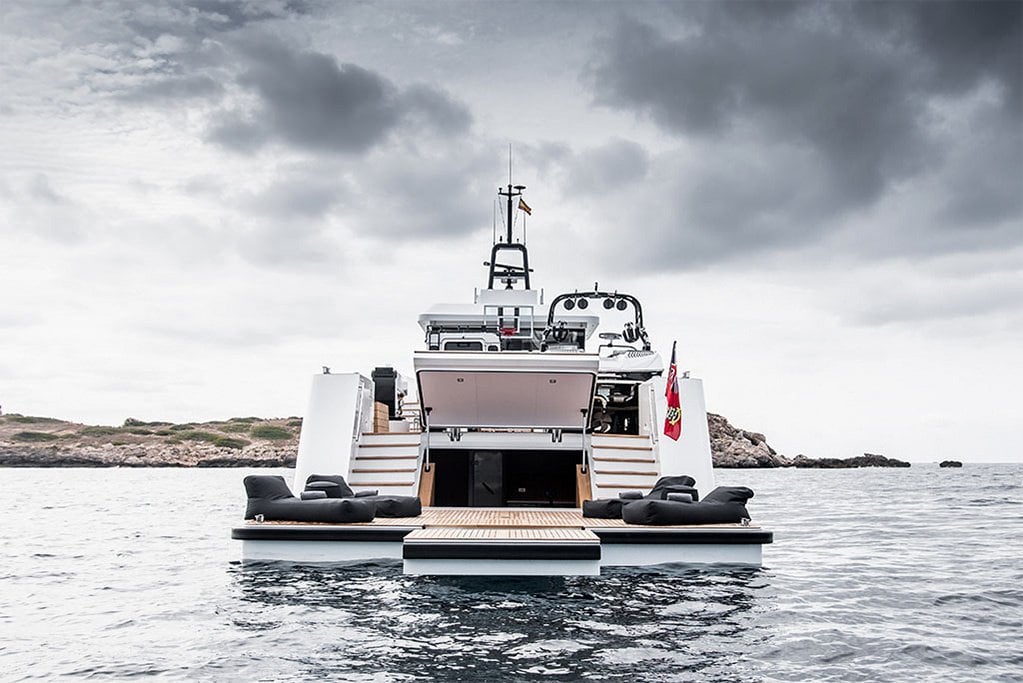
Nothing says living the dream quite like long-term travel. Whether you’ll be working abroad for a while, repatriating to Southeast Asia for a few years, taking the sailboat south for the winter, or setting out on that backpacking trip you’ve been planning for years, you’ll need to make sure your belongings are safe and secure back in your home base while you’re gone. Fortunately, that’s why there’s self-storage.
Packing up your whole life so you can go and travel long-term requires some care and foresight. You don’t want to return and find that your belongings were badly damaged by the elements, bugs, or rodents. You also don’t want to fall victim to theft while you’re away, forget to pay your unit rent and lose everything, or any one of a number of other calamities that can make self-storage difficult.
Pack Your Items Carefully
Even though you might only be transporting your stuff across town, you need to pack it carefully to go into storage. Fragile items can still break even when only transported a short distance. Provide proper cushioning for breakables inside boxes, and take care to stack boxes properly inside the unit.
Choose a Climate-Controlled, Indoor Storage Unit
Extremes of hot and cold can damage your stuff, especially stuff like electronics, artwork, and wood furniture. Rent a climate-controlled unit to protect your stuff from temperature extremes, especially if you’re going to be away for more than one season. Temperatures swinging back and forth from one extreme to the next can do their own kind of damage to your stuff. If you live in a climate with extreme hot and cold temps, like Tulsa, outdoor storage units could expose your items to temperature damage.
A climate-controlled, indoor storage unit will protect your stuff from temperature extremes, and will help protect it from potential water damage from flooding inside the unit too, as this is more likely to happen with outdoor units when rainwater leaks in under the door. All the same, you should store your stuff off the floor, on shelves or palettes, or even just propping it on some blocks of wood or boards. That way, if a little water gets into your storage unit, it won’t damage your stuff. If you want to maximize space in your unit, use plastic storage tubs for the stuff that sits directly on the floor.
Protect Against Intruders Big and Small
Insects, rodents, and thieves can all make for a disappointing reveal when you finally get back and go to retrieve your stuff. To protect your things from theft, choose a secure facility with a fence, security guards, cameras, lights, keycode access, and other features. Choose a good padlock for your unit.
Rodents and insects are a little trickier to protect against, since locks can’t keep them out. Choosing an indoor storage unit will do a lot to mitigate the risks of rodent and insect intrusion. Put moth balls or cedar chips in your boxes to keep bugs out. You can place a board against the sill of your roll-down storage unit door to keep mice and rats out. Avoid storing any food items in your unit — they’ll probably go bad while you’re gone, anyway, and they’ll definitely attract rodents.
Autopay Your Storage Rent
Worse than returning to find that rats have eaten your stuff or thieves have rifled through it would be to discover that you forgot to pay your rent for a couple of months and the unit owner auctioned off your life. To avoid this exact nightmare scenario, set your storage unit rent to autopay. That way, you can’t forget, and your stuff will stay safe until you return for it.
Have Someone Check on Your Stuff Every So Often
Your stuff will probably be fine if you leave it in a climate-controlled, indoor storage facility, but it’s still a good idea to have someone go and check on it every once in a while. They can let you know if there are any issues, and they can even deal with stuff that comes up while you’re away. If you’re storing a car, you’re going to need someone to drive it a bit every couple of weeks anyway, unless you really want to prep it for long-term storage.
When you’re leaving home for long-term travel, you need to make sure your stuff is safely stored while you’re gone. Using a storage unit is the best solution. You can get the safe storage you need, so you can focus on enjoying your trip.









